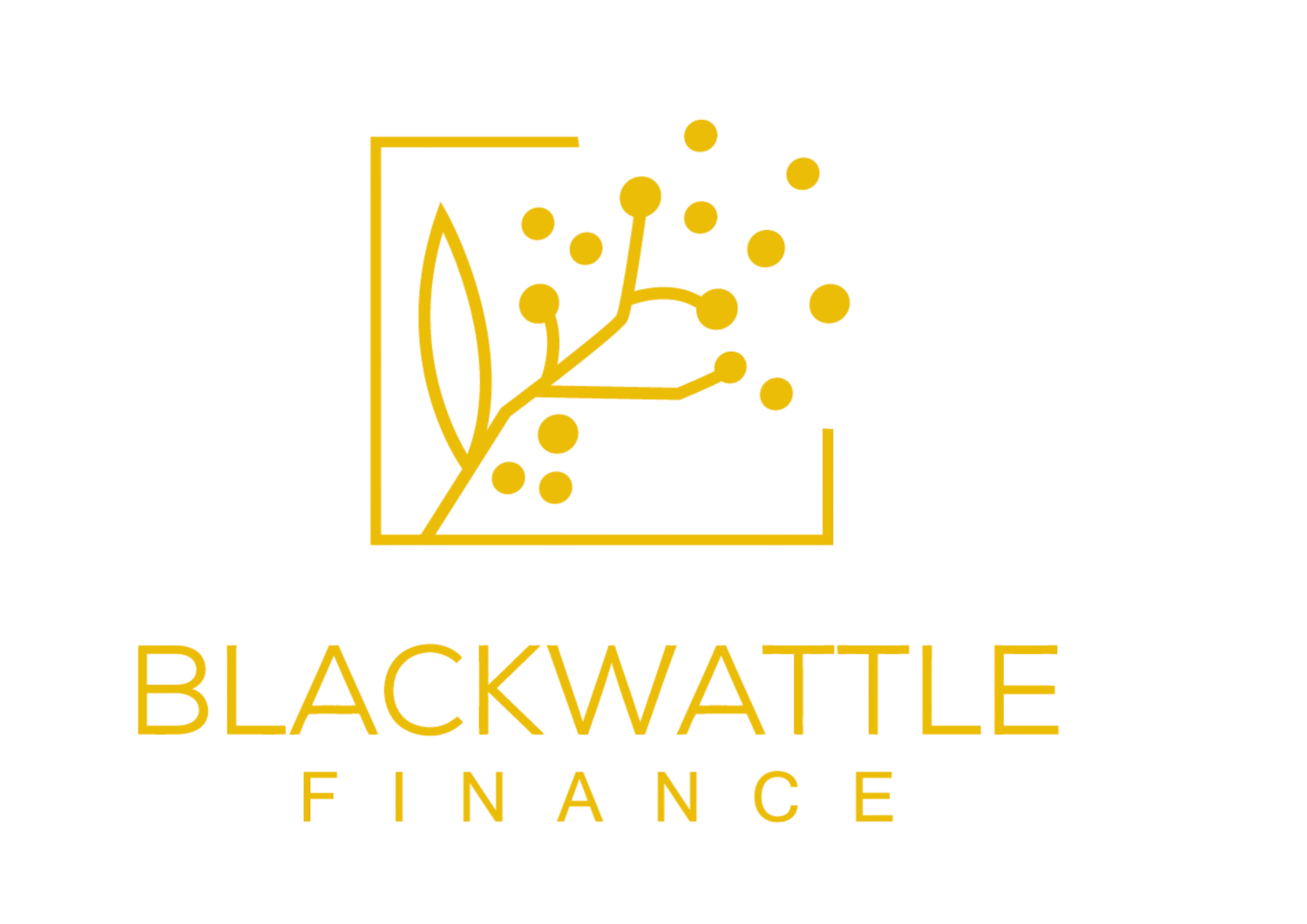Buying a home isn’t easy. Here are some tips to make sure you stand out and aren’t continually pipped at the post by more motivated buyers.
Get pre-approved for your loan. Alongside the obvious benefits such as knowing exactly your maximum spend, being pre-approved is a signal to the vendor and agent that you know what you’re doing and you’re ready to go. This can encourage a seller to negotiate in good faith and to take you seriously.
Make an offer. Even though a property might be scheduled for auction, making a realistic offer can sometimes be enough to tempt a seller to sell prior to auction, especially if the sales campaign has been slower than expected. Never underestimate that selling is just as stressful as buying, and a nervous seller might jump at your offer.
Offer flexibility. Does the seller want a movable settlement date? Do they want to be able to rent it back for a short period of time? Being flexible on these types of requests might put your nose in front of other buyers.
Use a buyer’s agent. Having a dedicated and professional advocate representing you can give you market knowledge, negotiating power, access to off market listings, and a calm and steady presence. A buyer’s agent can leverage their relationships with sales agents to give the inside lane on finding a negotiating on a property.
Standing out as a buyer is all about showing that you’re serious, flexible, and financially secure. These qualities make sellers feel confident that the transaction will go smoothly and quickly, which can be the deciding factor in competitive situations.

